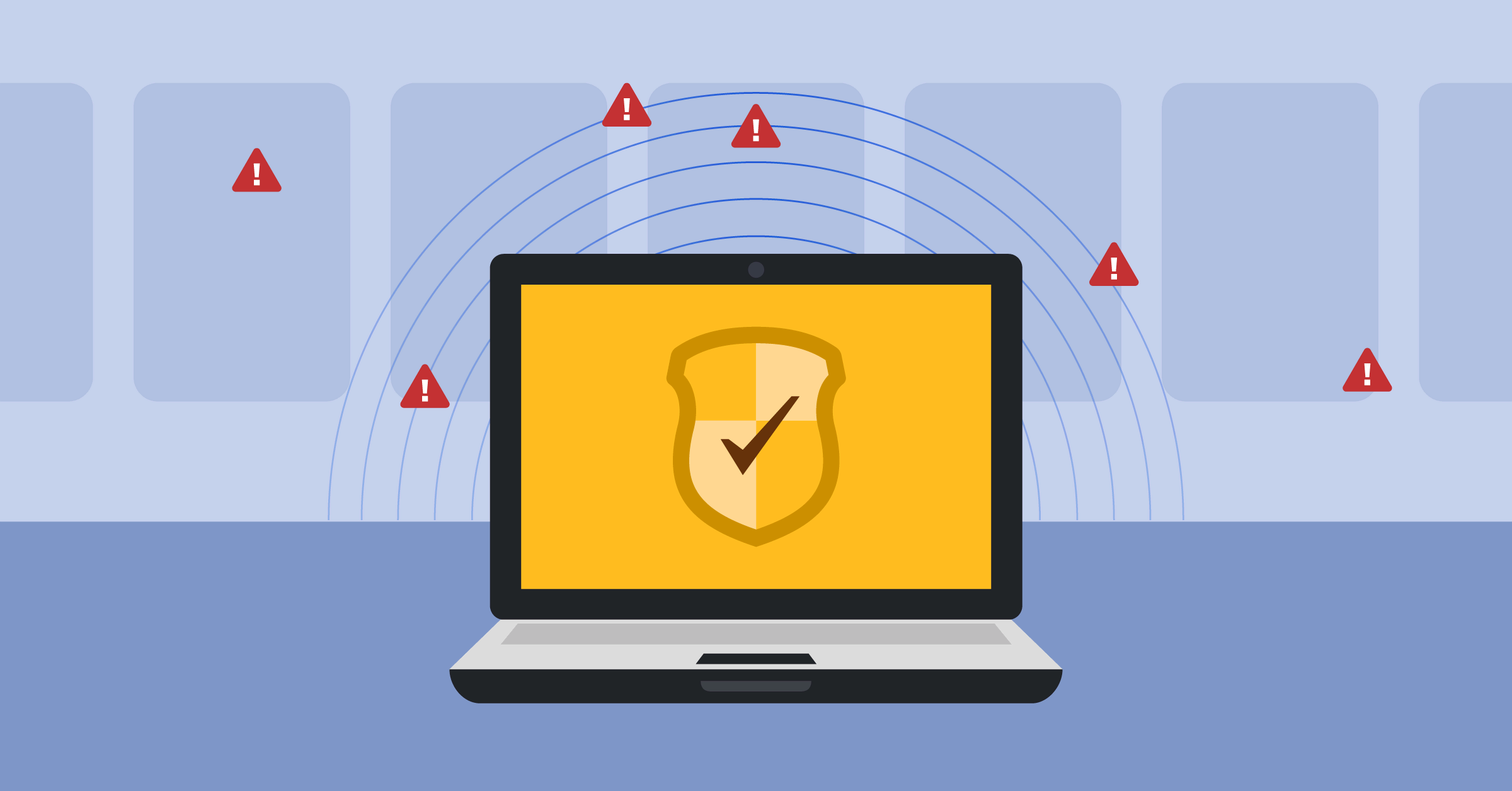
Messaging is now mainstream: Salesforce’s acquisition of Slack
The internet is changing all aspects of business communication, and with more of us than ever working remotely, it’s a change that is accelerating. Messaging—the ability to synchronously communicate with teams, coordinating work and workflows—is at the center of this new mode of day-to-day business life. The importance of messaging tools—like Slack, Microsoft Teams, and Mattermost—is well-known to those who have already made this shift.
With Salesforce’s recent acquisition of Slack—one of the largest software acquisitions in history—the market is now recognizing both the practical importance and the strategic role of this new communications mode. New investment and competition promises to supercharge this shift—and make messaging mainstream. While not the norm at every company today, it’s hard to think of a business or industry that won’t have messaging at its center in the future.
It’s remarkable to consider that all of this has happened in just the seven years since Slack’s original launch. And what the history of every other new platform tells us—be it smartphones, streaming video services, or even the web itself—is that we are only at the beginning. Those innovations have woven themselves into our lives in ways we could have scarcely imagined at a similar point in their development, and the same will prove true of messaging.
It’s impossible to tell how messaging will integrate itself more deeply into company communications and workflows, tying together not just people but also applications—or how it will create new ways of communicating and working with customers. But one thing for certain is that it’s virtually inevitable. The Slack acquisition is the end of the first chapter in the development of this space. The second is likely to be even more interesting and impactful.
So while we don’t know exactly where this will lead, we do know that this second chapter will be shaped by the values at the core of each vendor’s approach. And that’s why we think Mattermost’s role is more important than ever. The principles of openness, modern architecture, and developer-centricity are at the heart of all great internet platforms, and to maximize the potential of messaging, we think it’s essential that the space have a participant that will represent them.
- Open source: Mattermost is the leading open source messaging platform. Like countless products before us have shown, being open source is key to innovation. We are proud of the thousands of people in the Mattermost open source community and know that, collectively, they represent more creativity and innovation than any single vendor could ever provide.
- Modern architecture: Nothing is more important in messaging than trust—the ability to know that the service will be available and secure. Trust isn’t a feature built on top of a product, it’s intrinsic to the architectural ideas and decisions at its core. A modern, high concurrence architecture built to support a range of deployment modes—including on-premises and single-tenant cloud—can be the high-trust messaging platform.
- Developer first: The messaging space owes its start to the developer community, as the new workflows and communications modes at their core originated first with developers and later migrated to other parts of the business. The developer community deserves a solution focused on its needs first—not just because of the importance of those users, but because serving them is the best way to ensure you are at the forefront of how everyone will work in the future.
The messaging space has already surpassed expectations for its size and importance. The acquisition of Slack is a confirmation of that success—and the opportunities for innovation ahead.
Help us build the future of messaging
As we start this next chapter of business messaging, we are doubling down on the values and principles at the core of our company—and that we think are essential for messaging’s full future. Want to join us on the journey towards building the future of messaging? We’re hiring — take a look at some of the open roles on our team.




